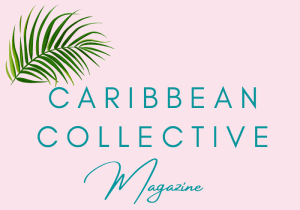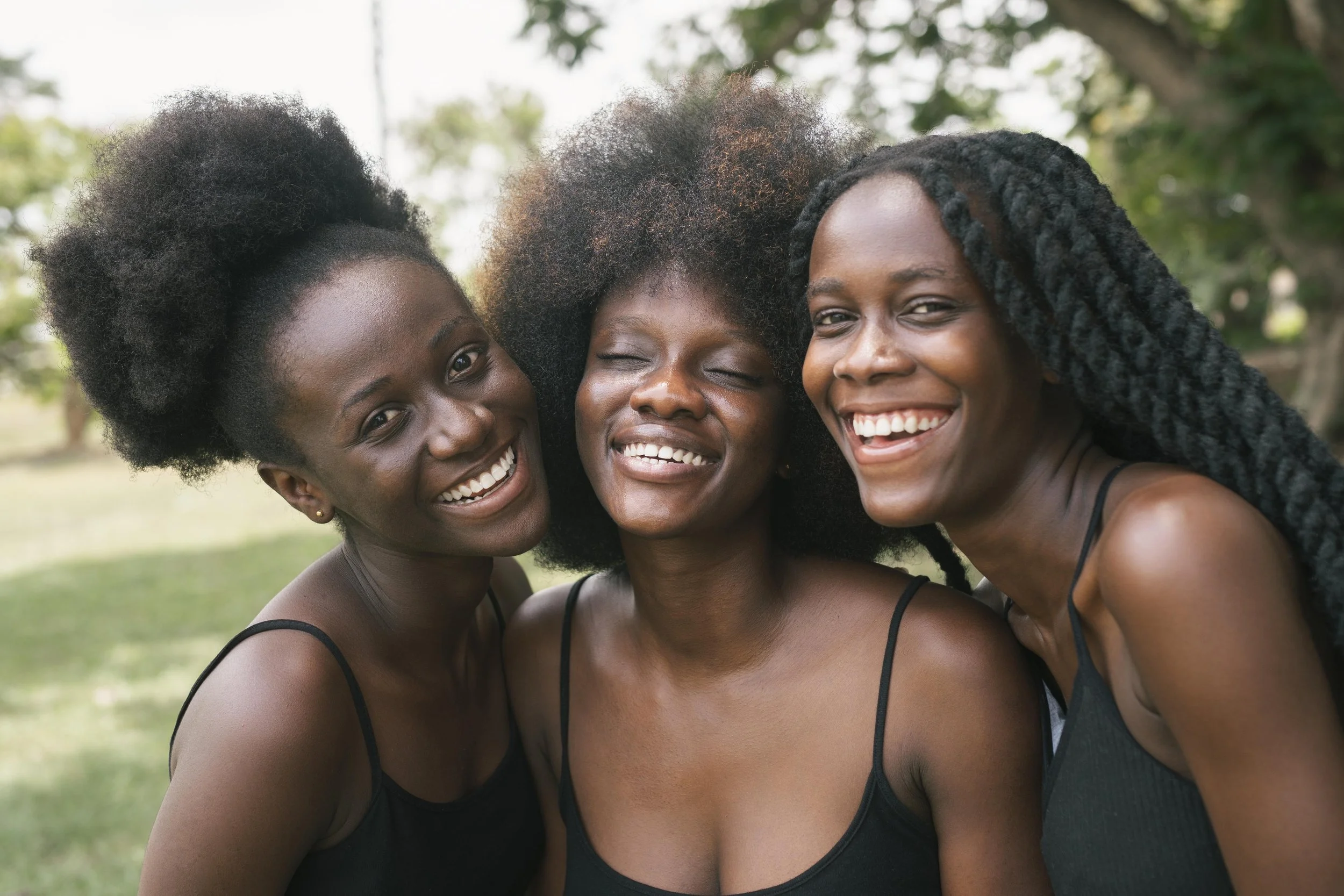How Author Lildonia Lawrence Created a Guide to Healing from Racial Trauma
Photo courtesy of Lilidonia Lawrence
written by Alya Somar
Wellbeing coach Lilidonia Lawrence’s latest tool in her wellness kit is her book “Back Yourself: A Wellbeing Guide to Healing from Racial Trauma.” As a Black mixed heritage woman with Bajan roots, she specializes in BIPOC wellbeing and workplace wellbeing with her clients. With five chapters on microaggressions, othering, cultural conflict, colourism and transgenerational trauma, the guide is a success in its endeavour to center racialized people, and uplift them through healing past their wounds.
Lawrence has worked for many years as a UK-based equity and diversity trainer. After her experiences, Lawrence felt called to write a book after working with healthcare professionals. During the COVID-19 pandemic, she worked with front-line healthcare workers in the UK’s National Health Service, the NHS, to support their own health and wellness. During this time, she noticed that many people of colour from diverse backgrounds were struggling with similar issues that Lawrence faced as a mixed-race woman. One-on-one meetings with workers just off their shifts and still in their scrubs opened Lawrence’s eyes to the need for a book that empowered racialized individuals to be there for themselves in the wake of racial trauma.
At that time, there was a lot of discrimination against SouthEast Asian communities. It was just a terrible time; everything that happened with the murder of George Floyd. So I said you know what, I need to make a resource that supports my community to look after themselves and look after ourselves. It was kind of a lightbulb moment and I said I'm going to turn this into a book, Lawrence said.
[Additonal Read : Yazmeen Kanji’s ‘One Day’ is the First Film Dedicated to the Muslim Indo Caribbean Woman’s Experience]
Each chapter is punctuated with case studies and reflective moments. The case studies help illustrate real-world instances of racial trauma, giving readers clear examples to contemplate. The reflective moments slow readers down and give them space to think back to their own lived experiences of struggle and how they may have impacted their lives. These practical tools prove useful, no matter where readers are in their journey to heal from racialized trauma.
Writing proved to have unique challenges. While writing, Lawrence found herself racially and verbally attacked in a public sauna by a group of men. Disturbed by the events, she turned to her loved ones and an anti-hate organization for support. She was provided with a caseworker to overcome the traumatic event. Finding an ally in her caseworker reassured Lawrence that she could use her pain as a means to write an honest book to help others, rather than be a victim of her experiences.
“There are sometimes where your resolve is challenged, and when that incident happened my resolve was really challenged. I didn't feel like I had as much fight in me at that moment,” Lawrence said.
Undergoing this attack during the writing process motivated Lawrence to write truthful portrayals of racism in her book.
As a yoga instructor, dance and movement professional, Lawrence spent years helping clients get through similar and tumultuous circumstances. The author finds reassurance within what she calls the global majority — a group of like-minded people who can lean on each other for support as she's seen in her own group sessions particularly with people of colour. Seeing how different cultures use different healing practices, she wanted to keep her book as well-rounded as possible.
“Sometimes people needed to move through things; they needed to grieve through things and that's what helps me get through things. That's why this book actually needs to encompass all elements of wellness or wellbeing: mind, body, spirit,” Lawrence said.
By engaging a wide breadth of healing practices in “Back Yourself: A Wellbeing Guide to Healing from Racial Trauma,” readers are given agency to engage in their own individual healing practices. When it comes to the specific experiences of Caribbean folks, Lawrence is determined to make one thing clear:
“There is nothing inherently wrong with the Caribbean body. All of the different things that we may experience within our different pockets of communities in terms of mental health conditions, physical health conditions… are often a result of colonisation, subordination and racism.”
She hopes that by educating people from her community on the lasting physical effects of colonialism, they can better understand how to heal their minds, bodies and spirits after living within systems of oppression. Having worked first hand with policy makers who Lawrence felt had racist stereotypical beliefs, only bolstered her efforts to support her community through connecting them back to their traditional healing practices. Lawrence's work seeks to actively undo the harm created by colonial legacies across communities of colour, one individual at a time.
“Back Yourself: A Wellbeing Guide to Healing from Racial Trauma” was released on April 15th, 2025, and is available for order here.




